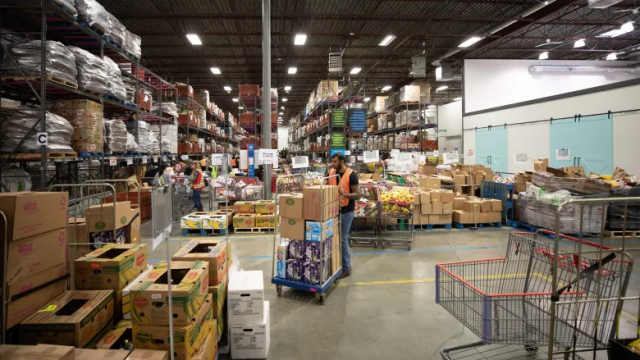Face of Nation International : Food security experts are warning the global pandemic could lead to supply shortages, higher prices and a growing nutrition gap between rich and poor.
Elaine Power, a food security expert at Queen’s University, said the coronavirus pandemic is exposing “critical weaknesses” in various vital networks, including health care systems and food supply chains. “The people who are already food insecure, that’s only going to get worse. The type of resources that people would normally draw on probably aren’t going to be there,” she said.
Suddenly, hundreds of thousands more Canadians are at risk of going hungry, she said. Power said various problems caused by the pandemic — border closures restricting the movement of foreign farm workers, transportation and import bottlenecks, panic hoarding at grocery stores — can all contribute “massively” to higher prices or food shortages.
Even the honeybees normally imported from other countries to pollinate Canadian crops could become harder to source, she said. All of this potential for scarcity should give Canadians a wake-up call about food security — something they’ve always taken for granted, she said.
“The labour that goes into it, whether it’s in the fields, or in the factories, in the grocery stores or in the home — It’s not valued and it’s mostly invisible,” she said. Power said price increases for some goods could lead to even greater nutritional disparities between low-income households and everyone else.
Earlier Friday, Prime Minister Justin Trudeau announced $100 million for food banks and breakfast clubs. He said organizations that deliver food to the needy are struggling with growing demand while facing fewer donations and volunteers.
During his daily briefing in Ottawa, he said the work that groups like Food Banks Canada, the Salvation Army and Breakfast of Canada do is “essential,” especially in Indigenous and northern communities. (Source: CBC News – Canada)





